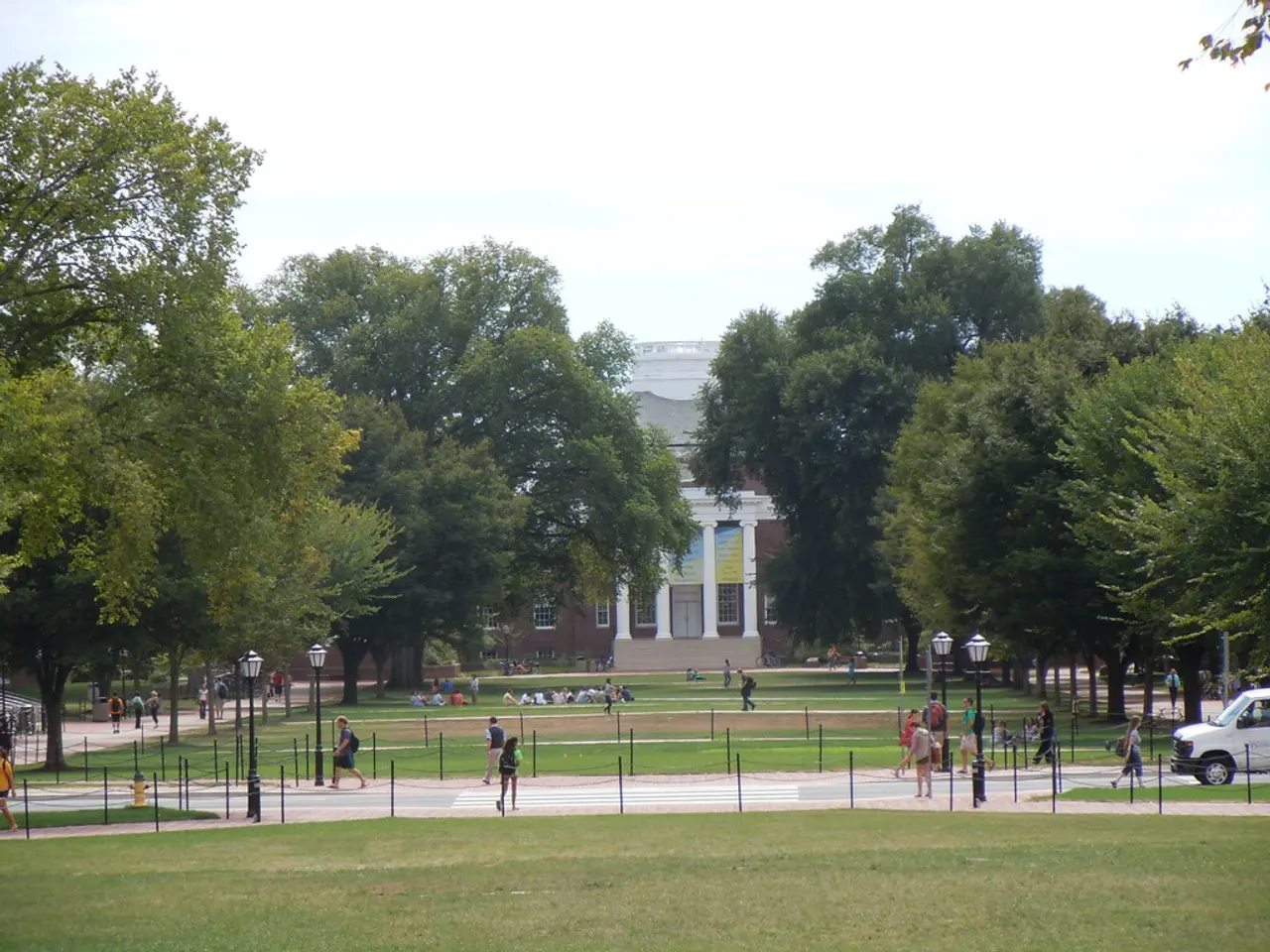Scarce Quantity of Doctors Worldwide Drives Crisis - Xavier University School of Medicine in Aruba Takes Action to Fill the Void
In the face of a looming global healthcare crisis, the World Health Organization predicts a shortage of 10 million healthcare workers by 2030, with developing nations and underserved areas feeling the brunt of the impact [1]. This shortage is set to reach critical levels in the United States, with estimates suggesting a shortage of between 37,800 and 124,000 physicians by the early 2030s [1][2][3].
One institution playing a significant role in addressing this shortage is the Xavier University School of Medicine (XUSOM) in Aruba. The school is dedicated to educating international medical graduates (IMGs) who contribute significantly to the physician workforce, particularly in the U.S. and other underserved locations [1].
XUSOM is bridging the gap by producing physicians who often go on to practice in regions facing critical shortages, including rural and urban underserved areas in the U.S., Canada, India, and other countries [1]. The school's graduates, who comprise about 25% of the U.S. physician workforce, help alleviate the impact of shortages and improve access to care [4].
The U.S. increasingly relies on IMGs to fill gaps, with schools like XUSOM providing crucial medical education geared toward licensure and practice in high-demand regions [1][4]. IMGs from institutions such as XUSOM often pursue residencies and practice in primary care or specialties where shortages are most acute [1][4].
The shortage impacts access, wait times, and quality of healthcare delivery globally, with underserved populations disproportionately affected [1][3]. Strategic expansion of medical education programs like XUSOM’s and advocacy for IMGs’ pathway to practice are key solutions to mitigating the crisis [4][5].
Canada is experiencing increasing wait times and reduced access to primary and specialist care, particularly in rural and northern regions. XUSOM is committed to preparing the next generation of physicians to meet these challenges head-on, regardless of where they practice.
In India, there is just one doctor for every 1,456 people, significantly below the WHO's recommended ratio of 1:1000. Millions in rural and semi-urban areas of India remain underserved, with minimal access to qualified healthcare providers. XUSOM offers transparent tuition, scholarships, and flexible payment plans to make it possible for students from around the world to pursue a career in medicine without overwhelming debt.
XUSOM believes that financial barriers should not prevent someone from becoming a physician and has designed a program that delivers world-class medical education at an affordable price. The school is dedicated to producing compassionate, skilled, and well-qualified physicians, committed to meeting the increasing patient needs worldwide.
As the demand for healthcare professionals surges, XUSOM remains committed to nurturing future doctors who are not only clinically proficient but also compassionate, community-oriented, and globally aware. Every student they train is a future lifeline for a community in need, according to Dr. Arun Dubey, Chief Academic Officer of XUSOM.
Graduates of XUSOM go on to practice in the U.S., Canada, and other regions where their expertise is desperately needed. Ravi Bhooplapur, President of XUSOM, stated that physician shortages affect real people in urgent need of care. As such, XUSOM is contributing to addressing the healthcare crisis faced by numerous countries.
For more information about admissions and programs, visit www.xusom.com. XUSOM Aruba is a significant contributor in the fight against the global physician shortage, providing a comprehensive, affordable, and accessible path to medical education.
- Recognizing the impending global healthcare crisis, Xavier University School of Medicine (XUSOM) in Aruba is dedicated to education and self-development, producing international medical graduates (IMGs) who contribute significantly to the physician workforce, particularly in areas facing critical shortages, such as health-and-wellness in the United States.
- To mitigate the crisis, strategic expansion of education programs like XUSOM’s and advocacy for IMGs’ pathway to practice are key solutions, as they help alleviate the impact of medical-conditions-related shortages and improve access to care, especially in areas like healthcare in developing nations.
- Apart from addressing the shortage in the United States, XUSOM also impacts the global population by educating future physicians who go on to practice in resource-limited regions like rural areas in India, where the ratio of doctors to people is far below the World Health Organization’s (WHO) recommended ratio. These graduates often specialize in education-and-self-development areas that are crucial for health-and-wellness, like primary care and medical-conditions management.




